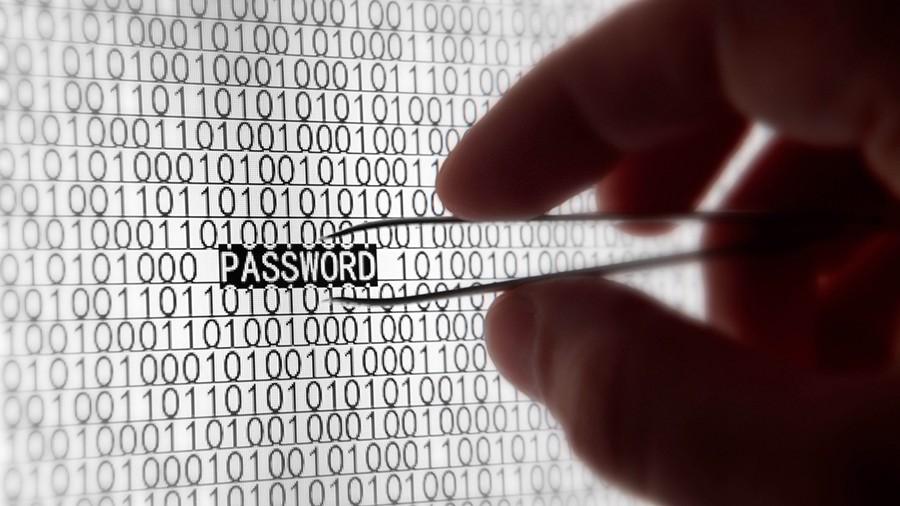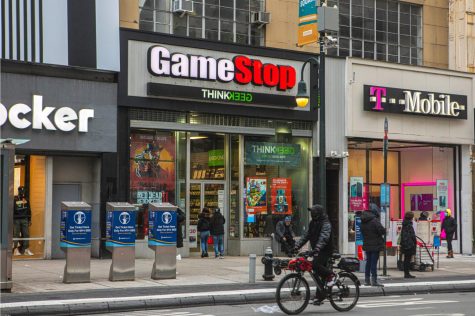The Ashley Madison hack and what it means to internet security
The recent Ashley Madison hack has led to increased concern over how safe private information is online.
September 21, 2015
Nobody’s information is safe on the Internet. Everyone who has lived in the 21st century knows that, but to what extent does it reach? Signing up for subscriptions, websites, and social media that claim to have privacy secured should be a safe place to put your information, right? Well, apparently not.
On August 18th of this year, private information of roughly 33 million people was released to the public for the whole world to see. This explosion of data came from a site called Ashley Madison, and caused people across the world to explain themselves to their family, friends, and spouses.
Ashley Madison is an online service that allows individuals to have an affair without their spouses’ knowledge. The privacy promised by the company was compromised after a security breach released things such as names, street addresses, email addresses, and credit card numbers for approximately 33 million accounts, according to The Daily Dot.
The hackers, who call themselves the Impact Team, senta warning to the company in July claiming that they would release the private information unless they took the site down. The company refused, and the hackers delivered on their threat. Controversy has followed this incident because of the nature of the website. The problem at the source of this case , however, must remain the lack of protection against personal information once it hits the World Wide Web.
According to victims of this breach of security, when signing up for the website, Ashley Madison provides their customers with a guarantee that their information will remain private, and even claims their users’ records are deleted from their data bases once it is no longer needed. Therefore, the 33 million current and past users of the website had a nasty shock when their information became available for anyone with internet access, for roughly a day.
Not only has this hack affected the users of the program, but the general public can fall victim as well. According to BBC News, scammers have jumped onto this news story and created “links” to the list of names, but really by clicking the links, computers are exposed to be searched indefinitely by these hackers. Also, when signing up for the service, an email verification is not required, therefore some people registered to the site used others’ email addresses to protect their identity. Because of this, people who have never even used the site show up on the list simply because someone else used their email address.
The Ashley Madison case is a monster of information—almost 10 GB—compared to other incidents that are similar, but this trend of information “hacks” is hardly a new development. Just within this year alone, major companies like Target and Snapchat have also been affected by this crime, and this trend is not limited to major corporations.
Millions of people every day experience some sort of “hacking,” whether it be through the company they work for, a website they use, or simply by having a social media account. Because of this, the internet users of the world must be aware of these dangers to keep themselves safe.
Social media is a major part of this hacking phase of the world and is the thing most relevant to today’s youth. Some might not even think about keeping their Instagram, Twitter, or Facebook private, but the fact is that lack of privacy settings are the main reason certain accounts are targeted. Anyone can look at a public account on Twitter, and that opens up a huge realm of possibilities and opportunities for criminals to get someone’s information.
The Internet is an exciting and fairly new development in the grand scheme of things in the world, and this society is still working out the kinks in the system that can leave people vulnerable to criminals. Because of these possibilities and insecurity, remembering what is appropriate to share and what is not, is crucial. Making all social media accounts private, never giving out passwords, and not “meeting” anyone online are just a few simple ways to keep the world safe from the cruelties unleashed through the internet. The victims of the Ashley Madison hack were not aware of these dangers and the insecurity of their information once given to this company, and now they all must deal with the consequences. Internet security is a very real problem in today’s world, and precautions must be taken to protect one’s privacy, because it could happen to anyone.




















